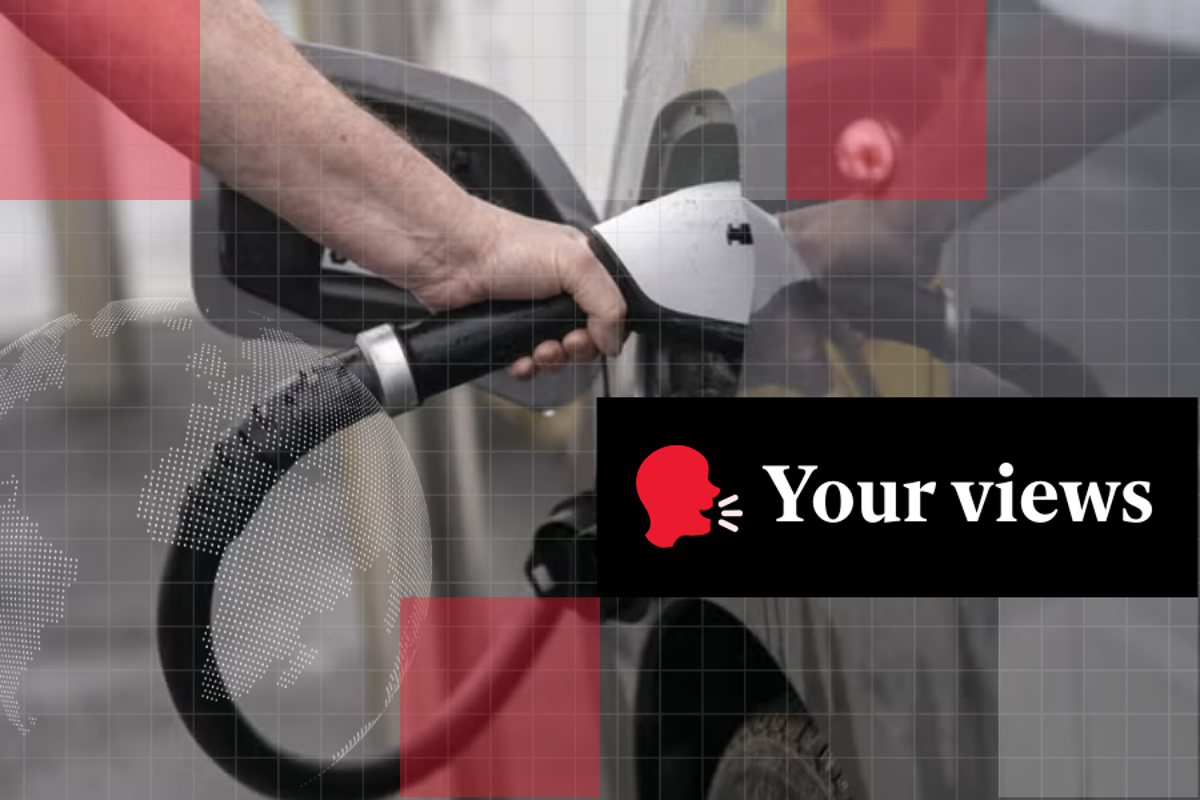Copyright independent

Chancellor Rachel Reeves’s plan to introduce a 3p-per-mile tax on electric vehicles has sparked debate among Independent readers. Many said a per-mile charge is a fairer way to tax drivers, as those who travel more would pay more, and could help replace lost fuel duty revenue without unfairly penalising electric vehicle (EV) owners. Others raised concerns about fairness, particularly for rural drivers, plug-in hybrid owners, and those who rely on cars for essential trips. Many warned that self-reported mileage could be open to abuse, with a few suggesting linking charges to MOT mileage logs to avoid monitoring issues. Several readers highlighted the environmental benefits of EVs, from lower air pollution to reduced oil imports and cheaper running costs, cautioning that extra taxes could slow the transition and undermine net-zero goals. Some argued that fuel duty already falls short of the environmental cost of petrol and diesel, and agreed with The AA that any EV tax must be carefully balanced to avoid becoming a “poll tax on wheels”. Others proposed broader reforms, such as taxing all vehicles by mileage or adjusting fuel duty to encourage EV adoption. Here’s what you had to say: Personally, a per-mile charge seems a much fairer way of taxing motorists – those that drive more, pay more. However, I would sweeten the deal by including third-party insurance into the price of fuel, as they do in Australia – you then opt to pay extra for fully comprehensive. As an EV driver, I have always accepted that at some point the government will need a replacement for lost fuel duty. A per-mile charge is the fairest solution. I will still save thousands every year at the rates being discussed. How would I be treated? I have a plug-in hybrid electric vehicle. Am I going to pay petrol tax and EV mileage tax? We already pay tax on the electricity. The trouble with politics and political parties is they are looking towards the next election, so decisions that should have been made five, ten, or twenty years ago are not made. Thus, we end up with our country in a mess. I've never understood why EVs weren’t taxed given their heavier weight and increased torque being put through the wheels, hastening the wear on road surfaces. Tyres are also a major pollutant, with EV weight producing more there. Why not a much lower yearly tax pro-rataed to the car’s weight rather than a pay-per-mile tariff? When someone in the UK switches from petrol or diesel to an EV, they benefit the UK in several ways: There is no doubt that any tax that applies to EVs only will slow the transition from fossil fuel cars and thus will have a negative economic impact that will negate much of the financial benefit of a new government revenue source. For all of these reasons, Reeves should either apply a lower charge to all cars or shelve the idea entirely. At the moment, I pay for a lot of fuel tax wasted by sitting in congested traffic and polluting the environment. At least in an EV, I will only pay for actual distance travelled. One concern is the increase in rat-running through country lanes and villages in an attempt to avoid a slightly longer trip on main roads/motorways. If revenue from gas is falling, surely the smart thing to do is to increase the petrol tax to make up for the shortfall, which would induce more people to switch to EVs. Then the government could look elsewhere to balance the books. Taxing the rich more would be a good place to start. But if this is how a Labour government behaves, maybe the UK needs a new political party that will actually stand up for both working people and the environment. Some sort of charge is inevitable as the old fuel duty charge falls away with the decline of ICE vehicle usage. Requiring people to estimate it for themselves will be a carnival of enforcement problems. Any attempt to actually monitor travel will inevitably be a political football and open to legitimate concerns about location monitoring (particularly under a government determined to introduce mandatory digital ID for an ever-growing list of purposes). It would make far more sense for the car to simply record the number of charges given it over time and have a formula to combine that with the mileage tracker, similar to the way our electricity bills are done. The actual levels of charge they're looking at seem fair enough; if anything, an EV will still be very significantly cheaper to run than an ICE car. Perhaps introduce a pay-by-distance scheme for all vehicles regardless of the fuel used. The tax could be tweaked to disadvantage non-EV vehicles, for example. The process could be automated using the network of cameras covering the UK or reporting a vehicle’s mileage could be an additional function of MOT stations. Vehicles of less than MOT age would simply report their vehicle's mileage. This is bad news for efforts to reduce carbon emissions. Using Treasury guidance numbers for the environmental cost of carbon, fuel duty is already below the cost of the damage that petrol and diesel cars cause (this excludes health costs, incidentally). It currently amounts to about 5p per mile for a typical family car. If EVs are to be taxed at 3p per mile, this should imply a really big hike in fuel duty (petrol and diesel) if the economic incentive for low-carbon transport is to be sustained. Otherwise, this will be an anti-net-zero policy. The idea of a self-declared mileage tax is almost comically naive. It’s like asking people to “estimate” how many pints they drank for excise duty purposes. Yes, the UK Treasury has indeed floated mileage-based taxation as fuel-duty revenue collapses with EV adoption. But so far, they’re still groping for a politically survivable model. Officially, the Office for Budget Responsibility warned that by the mid-2030s, the UK will lose roughly £30 billion a year in fuel and road taxes, so some form of per-mile system is inevitable. What the chancellor mentioned – the “self-reporting” idea – is more of a placeholder than a plan. Realistically, HMRC cannot enforce or verify mileage without telematics, MOT odometer uploads, or in-vehicle data. Most modern cars already generate precise mileage logs accessible through connected-car APIs, meaning the state wouldn’t need to install anything new; they’d just need legal access. As an EV owner, I appreciate that I should pay my fair share of tax. However, as I live in the country and have little or no access to public transportation, why should I have to pay for the additional distance to access shops and other local services? Some of the comments have been edited for this article for brevity and clarity. Want to share your views? Simply register your details below. Once registered, you can comment on the day’s top stories for a chance to be featured. Alternatively, click ‘log in’ or ‘register’ in the top right corner to sign in or sign up. Make sure you adhere to our community guidelines, which can be found here. For a full guide on how to comment, click here.



